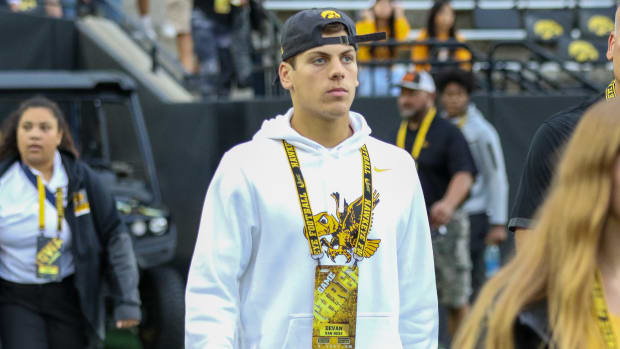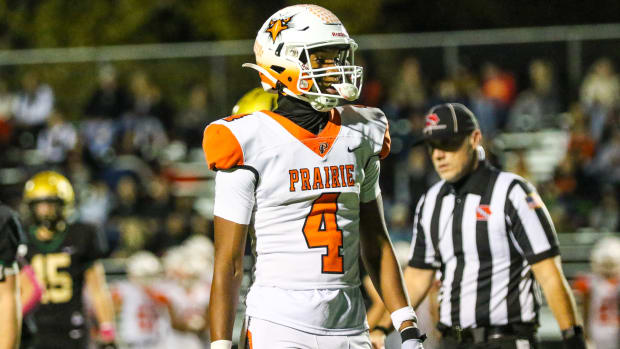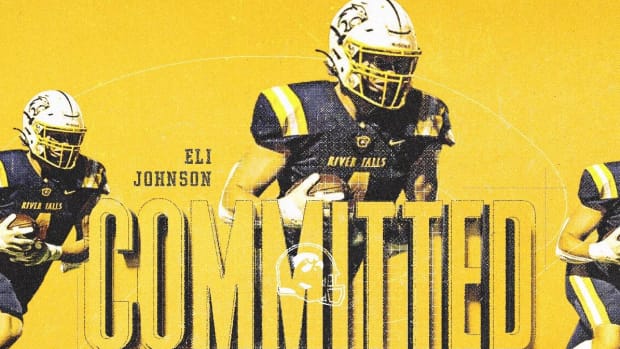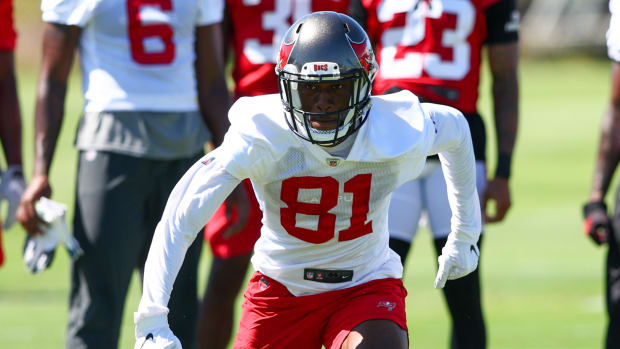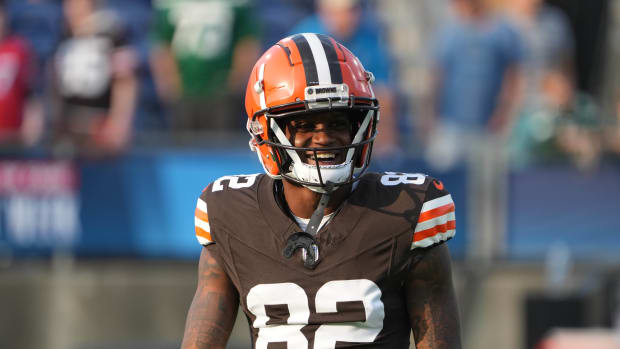'Normal As Possible' Football Season Is Goal, But Is It Likely?
The time ticking toward the scheduled opening of the college football season gets louder, and so do the headlines.
By the time Friday was over, we still weren't any closer to finding out when, or if, the 2020 season will begin.
Big 12 commissioner Bob Bowlsby said he didn't believe in-person classes would be required for sports to begin.
In Oregon, there might be games without fans in September.
“If anybody says they have the answer, they’re not telling the truth,” Barta said during the meeting of Iowa's Presidential Committee on Athletics. “While none of us believes that a vaccine is in the near future, the mass access to testing and the increased improvement in treatment are both encouraging so that we can get our students on campus. And getting our students on campus means we can have our student-athletes on campus. And then, ultimately, the ability to host events in all sports. And then, specifically, making sure that we’re prepared to have a safe event in Kinnick Stadium.
“I don’t have a hard answer for you. But I know that testing and treatment are improving, and the better that gets in the next 120 days, the better the chances are of having as close to normal as possible season.”
The key words in Barta's statement were "having as close to normal as possible season." Because right now, it's hard to see anything close to normal happening.
Maybe life does return to something close to normal in Iowa before early July, which seems the optimal returning date for athletes to campus, given that football coach Kirk Ferentz and others said the best-case scenario for conditioning and practice would be an eight-week workout schedule before the season opener.
But there may be other places around the nation where life isn't normal, where campuses aren't open. And then what?
What if, among the 14 Big Ten schools, only 12 campuses open? What if the SEC, Big Ten and Big 12 play, and the Pac-12 doesn't? Will there be sellout crowds, or will attendance be limited? Or will there not be any fans for early games, or the whole season?
The debate for this started not long after the winter and spring seasons were shut down. That was in late March and early April, and everyone knew the calendar was on their side when it came to making a decision.
The time for that decision is closer, yet finding the answers in this debate is hard in the fog of speculation and the unpredictability of a virus that will be the primary factor in this decision.
For Iowa, such a scenario would mean its schedule of nine Big Ten games. The annual nonconference game with Iowa State likely would be the 10th game.
It's not ideal — Iowa would lose two home games, which would mean the athletic department would take a huge financial hit. Still, 10 games in a normal fall setting may be the only good alternative.
Alternatives, at this point, may be all we have. When we have football, the odds of it looking like every other season are long.
The headlines of Friday prove that, even weeks into this, no one has an answer on what will happen.
But, even through the fog, we can hear the time ticking. And it's getting louder.

